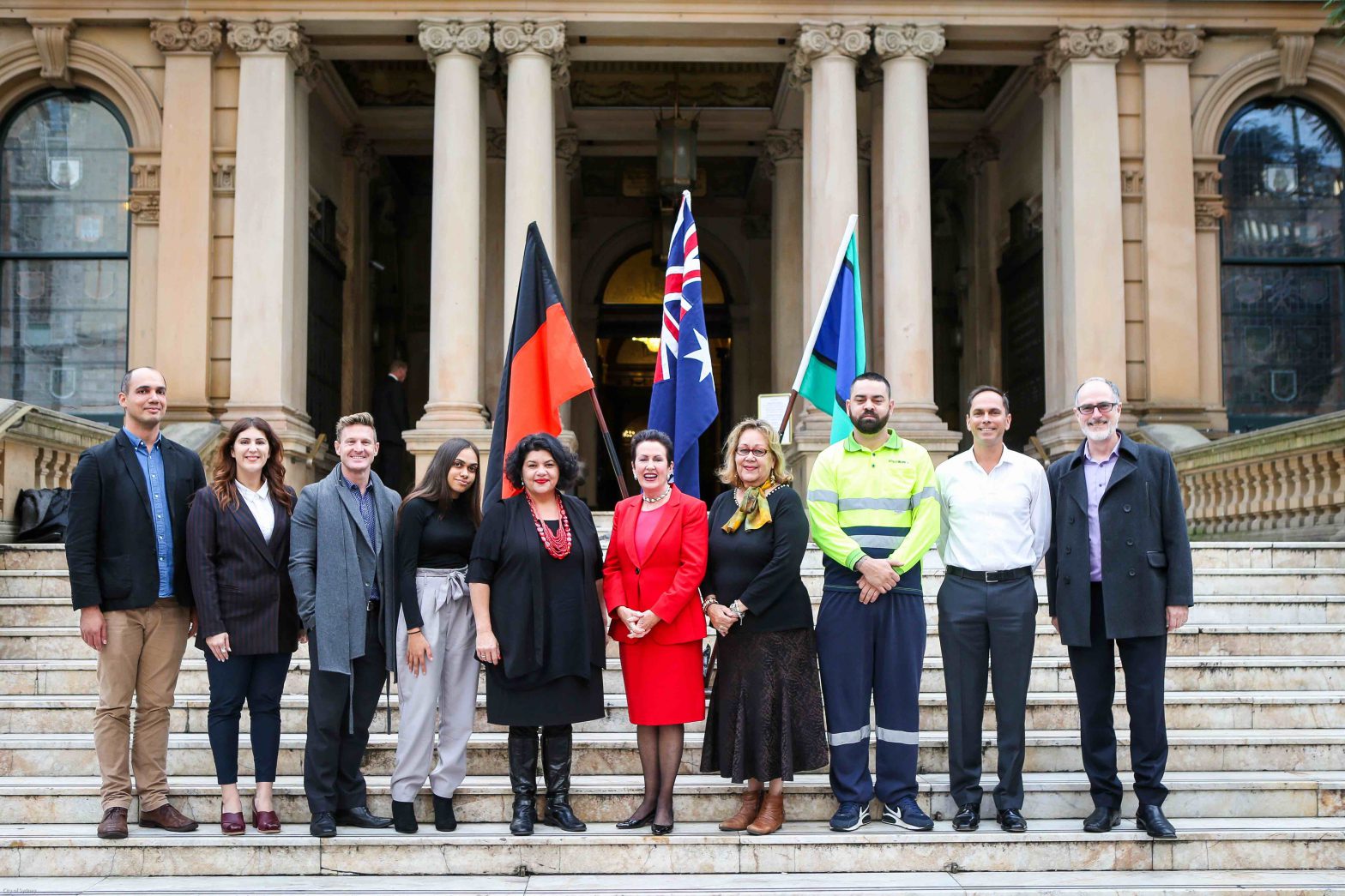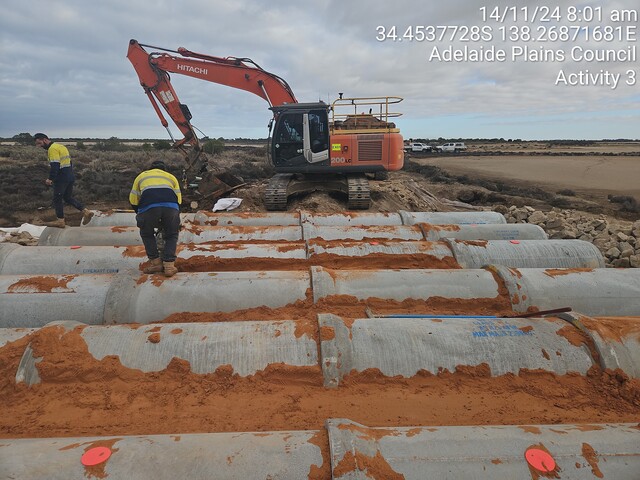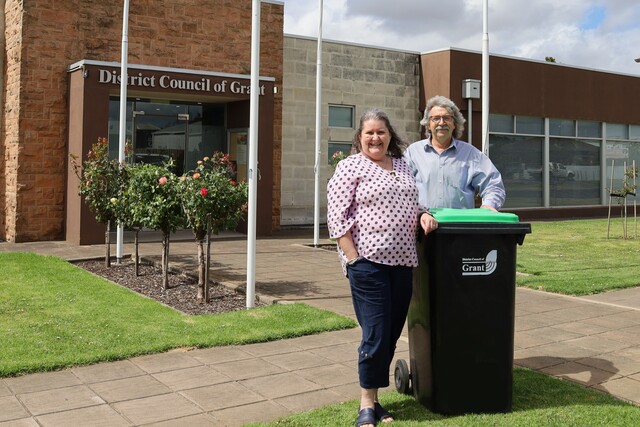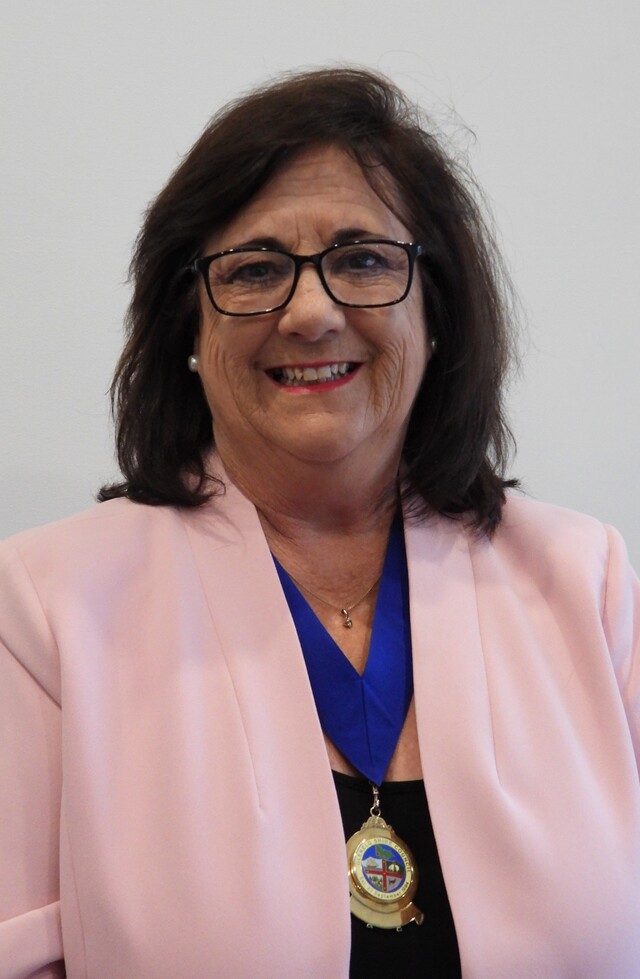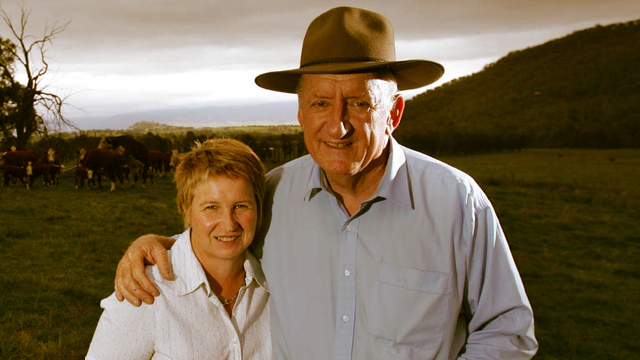National Reconciliation Week is held annually from 27 May until 3 June; the two dates mark the 1967 referendum on Indigenous rights and the Mabo decision, respectively.
Local government areas across the country are marking the occasion in various ways. This year federal funding of up to $5000 was available to councils to hold Reconciliation Week events.
“Local councils are a strong supporter of National Reconciliation Week and play a central role in acknowledging Australia’s past and celebrating the future through holding a variety of local events to celebrate the spirit of reconciliation,” said President of the Australian Local Government Association, Mayor David O’Loughlin.
“Reconciliation Week is about building positive and respectful relationships between Aboriginal and Torres Strait Islander peoples and other Australians.
“Local councils play a leadership role in this space, putting into action on a daily basis the ideals represented in National Reconciliation Week.”
Throughout the week the Sydney Town Hall will be lit up in red yellow and black to signify the Indigenous flag.
City of Sydney Lord Mayor Clover Moore said the Town Hall was a venue for historic community meetings in preparation for the 1967 referendum; many demonstrations in support of the “yes” vote were also held across the city.
“The success of the referendum is testament to the relentless pursuit by community campaigners to unite Australia,” the Lord Mayor said.
“I am proud of the role Sydney played in this remarkable and pivotal time in Australian history.”
In Victoria, President of the Municipal Association of Victoria (MAV), Councillor Mary Lalios, said further progress toward reconciliation and recognition of Indigenous peoples still needs to be made.
“We should be proud of the rich languages, cultures and traditions of indigenous Australians, who have lived here for some 60,000 years and represent the world’s oldest continuous cultural heritage,” Cr Lalios said.
“The MAV believes it’s time to take the next steps towards greater formal recognition of Aboriginal and Torres Strait Islander people. Big changes require persistence and courage.
“We are pleased the State Government has provided $28.5 million in the 2017/18 Budget for the development of a Victorian representative body, as well as a self-determination plan.
“To help achieve this, we are working productively with Aboriginal community leaders and are pleased to be an active partner in the Victorian Aboriginal Local Government Action Plan.”

